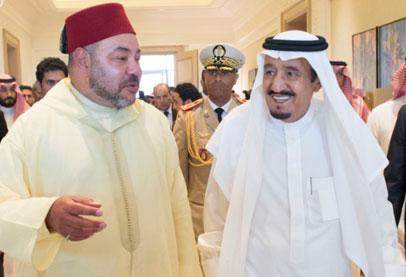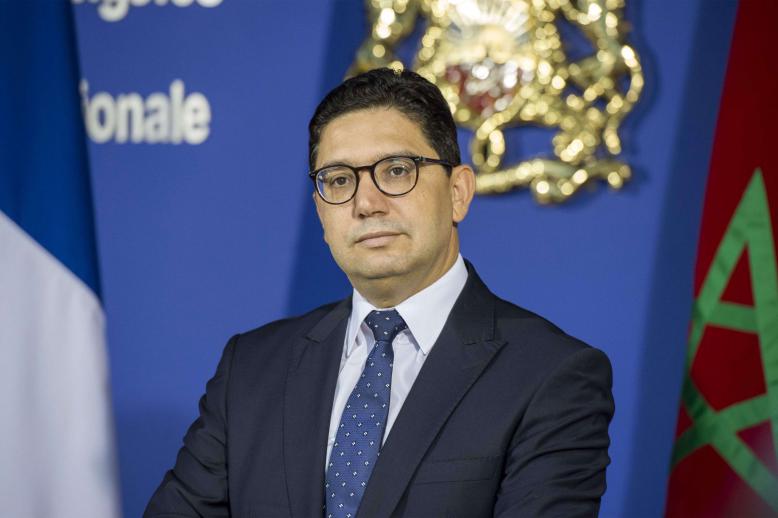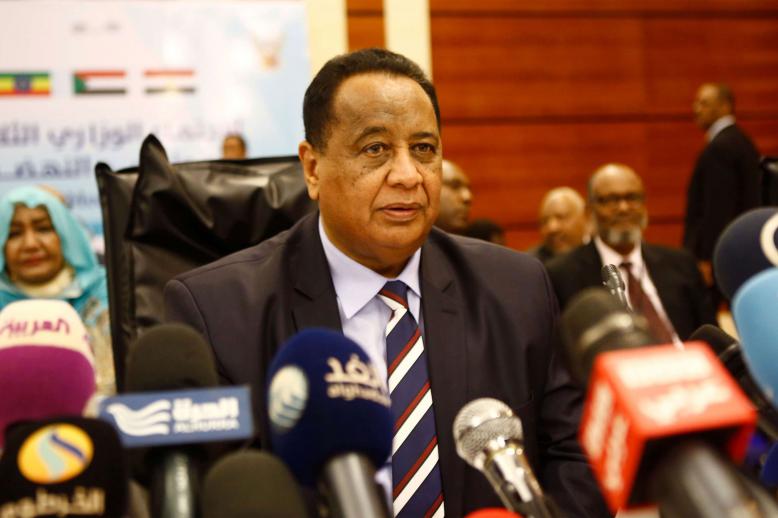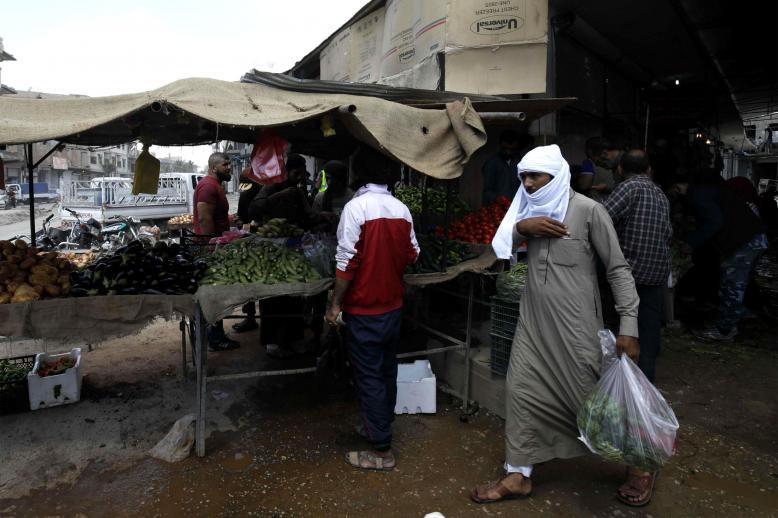Saudi, Moroccan kings to unify positions against Iran

CASABLANCA - Saudi King Salman bin Abdul Aziz and Morocco's King Mohammed VI agreed on Thursday to coordinate efforts to counter Iranian interference in the Arab region in a telephone conversation, according to the Saudi Press Agency.
The two monarchs agreed on the need to unify positions and coordinate efforts to counter the aggression of the Iranian regime, its interventions and agents in the affairs of Arab countries as well as its policies aimed at destabilising security and stability in the Arab world.
King Salman stressed that "the Saudi government and people stand with brotherly Morocco towards all threats to its security, stability and territorial integrity," according to the SPA.
On Tuesday, Moroccan Foreign Minister Nasser Bourita announced that his country cut ties with Tehran and asked Iran's ambassador to Rabat to leave the country after accusing the Islamic republic of using its ally Hezbollah to deliver weapons to the separatist Polisario Front in Western Sahara.
"A first shipment of weapons was recently" sent to the Algerian-backed Polisario Front via an "element" at the Iranian embassy in Algiers,” Bourita told reporters.
"Morocco has irrefutable proof, names and specific actions to corroborate the complicity between the Polisario and Hezbollah," he said.
Shortly after Bourita’s statement, Riyadh announced its support of Morocco in all what guarantees its security and stability, including its decision to sever its diplomatic ties with Iran.
Iran and Saudi Arabia broke off diplomatic relations in January 2016 following attacks on the Saudi embassy in Tehran and its consulate in the northern Iranian city of Mashhad in protest at the execution of fiery Saudi Shiite cleric Nimr al-Nimr.
Both countries support opposing camps in Syria, Yemen and Lebanon.
Saudi Arabia accuses Iran of possessing an expansionist project in the region and interfering in the internal affairs of Arab states, a charge Tehran denies, saying it is committed to good-neighbourly relations.
The separatist front has failed to respect the cease-fire over the past two decades and has repeatedly tried to create a new reality in the buffer zone, but Morocco has steadfastly responded to these violations within the framework of international charters.
The Polisario and Morocco fought for control of Western Sahara from 1975 to 1991, with Rabat taking over the desert territory before a UN-brokered ceasefire in the former Spanish colony.
Rabat considers Western Sahara an integral part of Morocco and proposes autonomy for the resource-rich territory, but the Polisario Front insists on a UN referendum on independence.
On Friday the UN Security Council backed a US-drafted resolution that urges Morocco and the Polisario Front to prepare for talks on settling the decades-old conflict.
It also renewed for six months the mandate of a UN mission that has been monitoring the ceasefire in Western Sahara since 1991.
Diplomatic efforts to end the conflict have been deadlocked since the last round of UN-sponsored talks in 2008.
Morocco maintains that negotiations on a settlement should focus on its proposal for autonomy for Western Sahara and rejects the Polisario's insistence on an independence referendum.




